2022 TORCH Awards
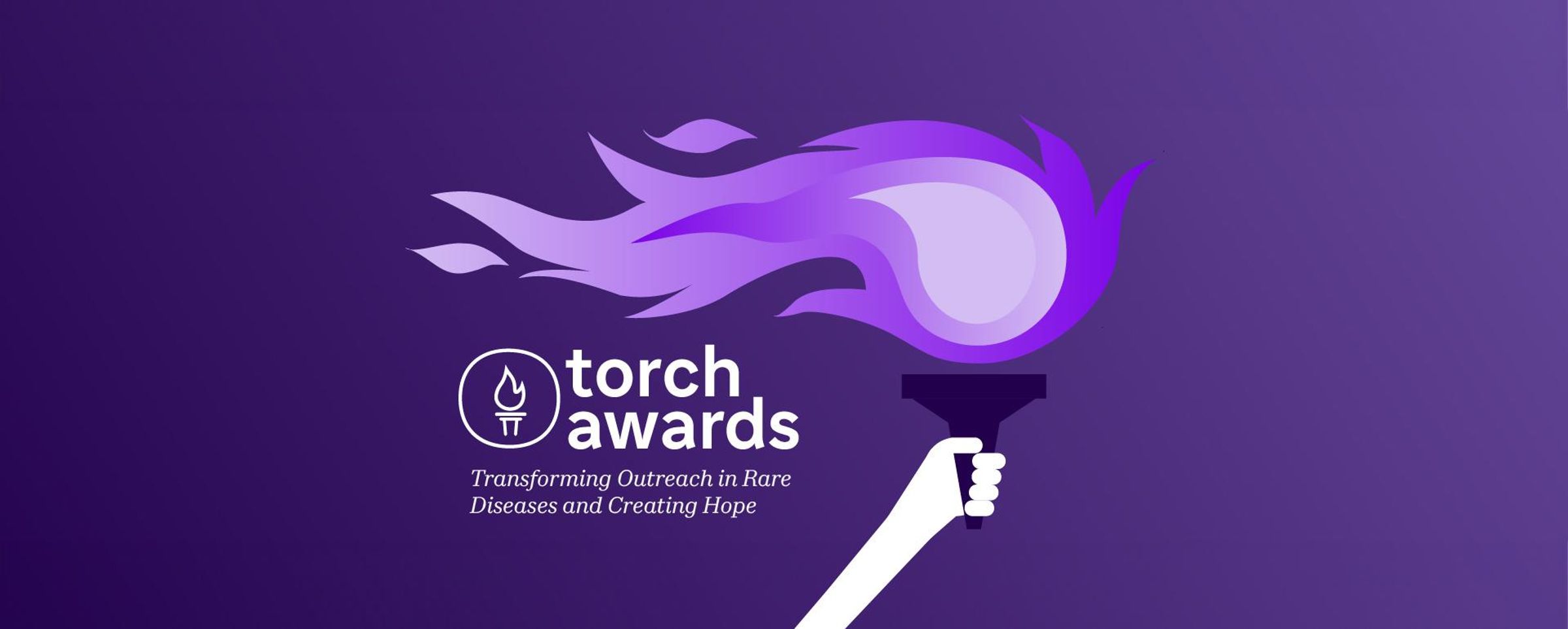
Sanofi’s TORCH Awards recognize the strength and positive contributions of individuals affected by rare diseases. The TORCH Awards not only shine a light on the impactful stories of recipients, but also fuel ongoing efforts for health equity, diversity and inclusion through a scholarship program and matching charitable donations. We are so proud to honor these advocates who have taken up the torch for people living with rare diseases and to support their enduring and courageous efforts to bring hope to the rare disease community.
The TORCH Awards recognize advocates’ impact on the community, as those honored have found meaningful ways to bring awareness to rare diseases and to educate, empower and connect patients—actions so very important to the core of the rare disease community.
Sanofi’s TORCH Awards, short for “Transforming Outreach in Rare diseases and Creating Hope,” launched in 2017 as a way to recognize inspiring advocacy efforts led by individuals within the rare disease community. Following a competitive nomination period, Sanofi selects the class of awardees for recognition and provides a $5,000 donation to a non-profit organization of each winner’s choosing. Over the last 6 years, Sanofi has donated $135,000 in honor of 27 TORCH Award recipients.
The 2022 TORCH Award honorees advocate for the rare disease community in a variety of unique and inspiring ways, including expanding pediatric palliative care, advocating for patient-centered drug development, empowering young adults to find their voices, and setting an ambitious goal of making rare diseases as well known a topic as college football. Each honoree has answered their unique calling to improve the lives of those impacted by rare diseases and exemplifies the spirit of the TORCH awards by shining a light on the rare disease community in ways that truly make a difference. Congratulations to all!
Be inspired by our 2022 TORCH Award recipients who have worked tirelessly to create hope and change:
2022 TORCH Award Recipients
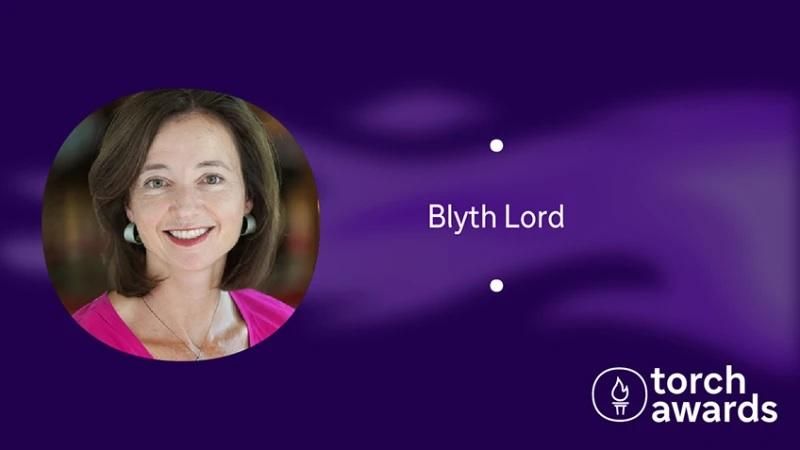
Leader advocating for rare disease parents through choice in care-decision making
Blyth Lord is committed to supporting parents as they navigate the myriad of choices that come with a rare disease diagnosis, with a particular focus on pediatric palliative care and caring for the whole family.
Blyth and her husband Charlie became a part of the rare disease community when their nephew Hayden was diagnosed with Infantile-Onset Tay-Sachs Disease, a rare, progressive, and fatal genetic disorder. Shortly after Hayden’s diagnosis, in 2001, Blyth and Charlie’s daughter Cameron was also diagnosed with the condition. Together the families founded the Cameron Hayden Lord Foundation in honor of Cameron and her cousin, Hayden, with the goal of raising funds for Tay-Sachs research. Those efforts moved forward research in Infantile-Onset Tay-Sachs disease with the initiation of gene therapy studies. Following Cameron’s passing, Blyth realized her calling to advocate for pediatric palliative care and founded Courageous Parents Network (CPN) with the mission to empower, support and guide parents and families going through rare disease diagnoses.
Alongside fellow 2022 awardee Jennifer Seidman, Blyth helps other parents who are caring for children with serious illnesses. Together they lead a team that speaks to the lived experience of these families with a unique combination of sensitivity and authority. They are conversant in the language of serious, rare, and fatal conditions—and how a devastating diagnosis, the illness journey, and bereavement affect the family and the care partner-provider relationship.
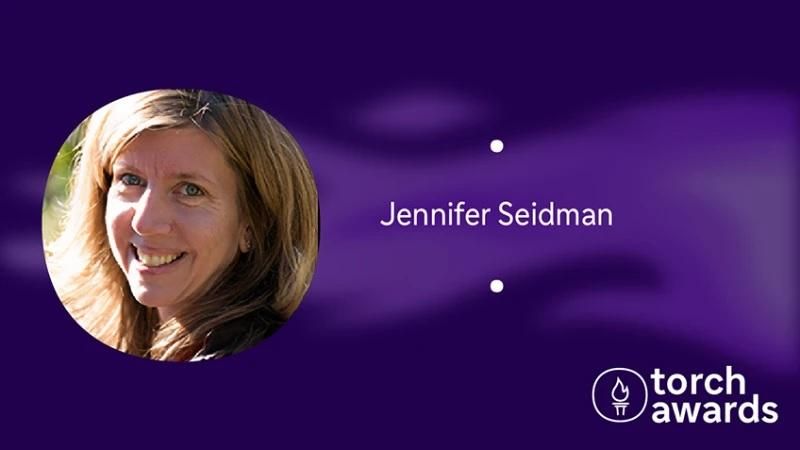
Advocate behind ground-breaking program helping families navigate rare disease clinical trials
Jennifer joined the rare disease community when her son, Ben, was diagnosed with Sanfilippo Syndrome. In celebration of Ben’s 5th birthday, Jennifer and her husband Stuart founded Ben’s Dream: Sanfilippo Research Foundation, helping to raise more than sixteen million dollars to advance research for new treatments for the disease. Their work resulted in clinical trials examining Sanfilippo Syndrome and helped connect researchers with the community. Ben passed away in 2014 from Sanfilippo Syndrome at the age of 17 and will always be remembered as a gentle soul who loved life, holding hands, and spending time with his family.
Several years after Ben’s passing, Jennifer connected with fellow awardee, Blyth, and joined the Courageous Parents Network (CPN), where she is currently the Director of Family Engagement & Patient Disease Outreach. Jennifer is the primary force behind CPN’s ground-breaking programing “Understanding the Clinical Trial Option” for families and the primary clinicians who care for children with rare diseases. She brought her first-hand knowledge of watching families navigate the clinical trial experience to ensure that family needs were front and center as she not only created the outline, identified holes, and recruited contributors, but also brought rigor to the content review process by investigator and trial experts.
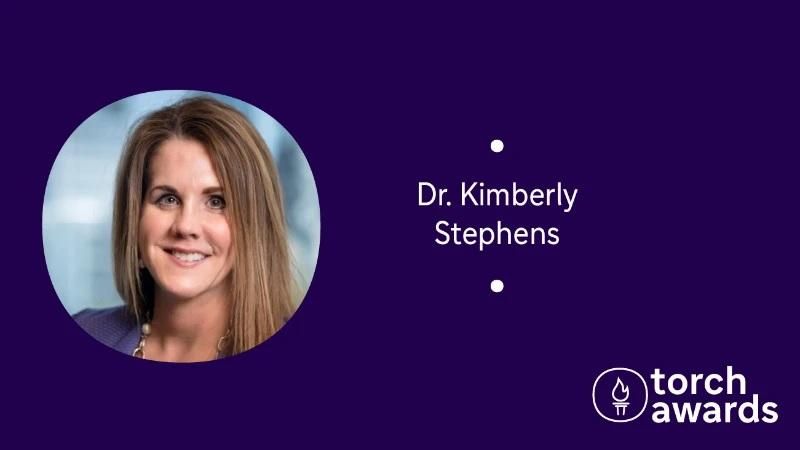
Mother, advocate, and educator improving outcomes by removing unconscious bias
Dr. Kimberly Stephens is a passionate advocate for families impacted by Mucopolysaccharidosis II (MPS II), also known as Hunter Syndrome. Kim’s son, Cole lives with this rare lysosomal storage disorder. As the President of ProjectAlive, an organization that advocates for children and adults with Hunter Syndrome, as well as the Executive Director of the MPS Program at University of North Carolina Chapel Hill's Department of Pediatrics (Genetics & Metabolism), Kim uses her voice to increase awareness for MPS II and to unite members of the MPS II community, including families, researchers, biopharmaceutical industry members, and regulators to improve clinical development and outcomes for patients and their families. Based on her own experience of enrolling her son in a clinical trial, Kim has worked to increase flexibility in clinical trial design to enable them to be more patient-centered and developed the first clinical outcome measure for MPS II to help measure cognitive change in boys living with the condition.
Earlier this year, Kim and others from the community saw the successful nomination of MPS II to the U.S. Federal Recommended Uniform Screening Panel (RUSP), which paves the way for MPS II to be added to states’ newborn screening panels across the country. A triathlete, mentor, coach, and published author, Kim has dedicated her life to making sure inclusion is an action, and not just a word. From her first jobs in fundraising at the National Multiple Sclerosis Society to her present work in rare disease and unconscious bias, Kim believes diversity, equity, and inclusion are about much more than just checking a box. She advocates for other families struggling with imposter syndrome as well as inclusive drug development and care that reaches all who would benefit.
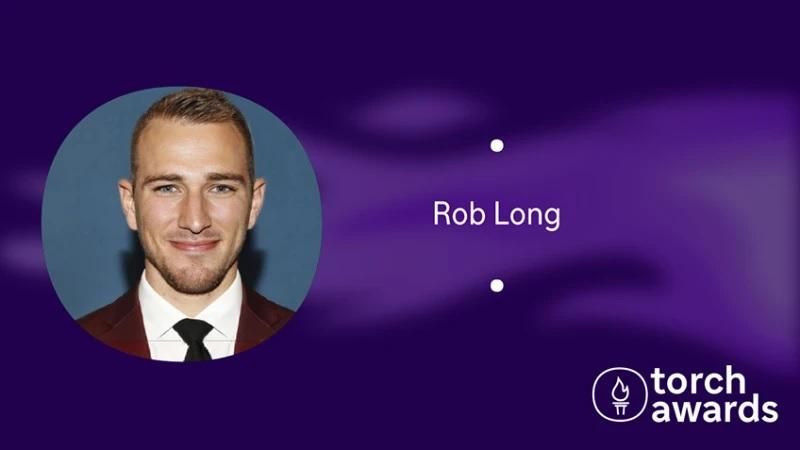
Connecting the power of sport to rare diseases to drive research and increase awareness
As the Executive Director of Uplifting Athletes, Rob Long advocates for continued investment in early science because that research has the power to help change the future of rare diseases. He would be the first to say he’s here today because of the power of research and clinical development. As an advocate, Rob works to harness the power of sport to build a community that invests in the lives of people impacted by rare diseases. Through the Uplifting Athletes Young Investigators Draft (YID), Rob unites advocates and researchers to increase patient-centered bench research through a competitive annual grants program and recognition ceremony.
Following the murder of George Floyd, Rob expanded YID with the launch of the Underrepresented Researchers in Medicine program, which works to address inequities in life sciences by specifically supporting research programs being conducted by scientists from historically underrepresented ethnicities. A husband, son, brother, and dog-dad, Rob advocates for creative solutions that bridge the leadership of athletes at the collegiate and professional level with the needs of rare disease patients, their loved ones, and the public.
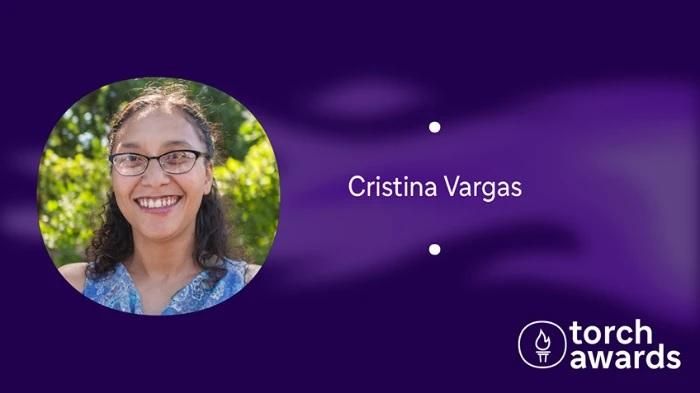
Passionate advocate for CLN2 and the future of gene therapy in rare diseases
Cristina Vargas’ advocacy for the Neuronal Ceroid Lipofuscinosis type 2 (CLN2) community came after her son Julius (JuJu) was diagnosed with CLN2 Batten disease in 2020 at the age of three and a half. When assessing the options available to her family, Cristina learned that many gene therapy studies had been placed on hold and were not taking new patients. Leveraging her experience as a paralegal and her vast knowledge of the Code of Federal Regulations, she started a Citizen Petition to the U.S. Food and Drug Administration (FDA). The Citizen Petition was submitted and emphasized the importance of finding effective treatment on behalf of families with CLN2 disease. Cristina mobilized an online community to sign the petition.
In just a few months, her efforts resulted in nearly 15,000 signatures from individuals around the world, and she secured a meeting of CLN2 families with representatives from the Center for Biologics Evaluation and Research (CBER) at the U.S. Food and Drug Administration (FDA). Her advocacy in organizing the meeting brought patient and family voices to the floor and concluded with a commitment from CBER to re-examine gene therapy studies for the CLN2 community, including committing to subsequent meetings to follow up on progress related to that promise. Since then, Cristina has started a non-profit named after her son, JuJu, and hopes to increase awareness of diversity and inclusion in care and research for people impacted by CLN2 and other forms of Batten Disease.
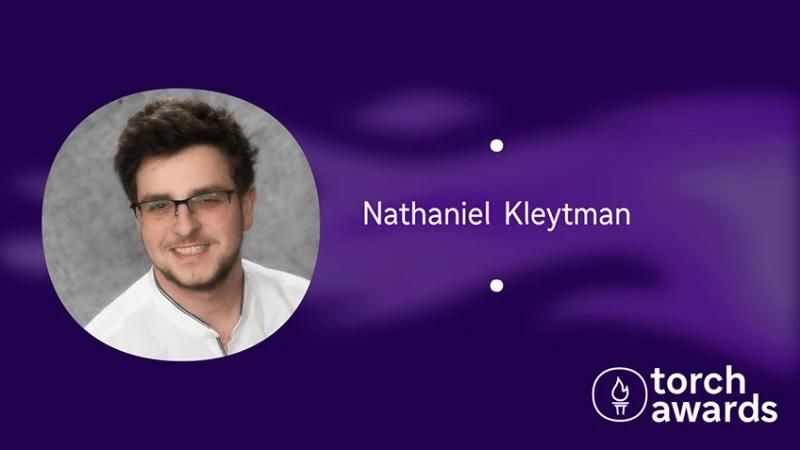
Future physician uses experience as a Gaucher disease type 1 patient to reach and empower young adults living with rare diseases
Nathaniel spent nine and a half long years on his path to diagnosis. After being diagnosed with Gaucher disease type 1, he has spent the decade since on a mission to help educate and empower others in the Gaucher community, particularly other young adults who might feel alone and isolated like he did when he was their age. Nate has been instrumental in imparting insights from his experience living with Gaucher disease to other patients, members of the biopharmaceutical industry, and medical colleagues through abstract and poster presentations at medical conferences, as well as public awareness efforts through social media, news articles, and participating in the National Gaucher Foundation’s Ambassadors program to mentor teenagers living with the disease. His own words best sum up his decision last year to begin medical school: “If I can prevent one surgery, one child from being limited—I will have done my job.”